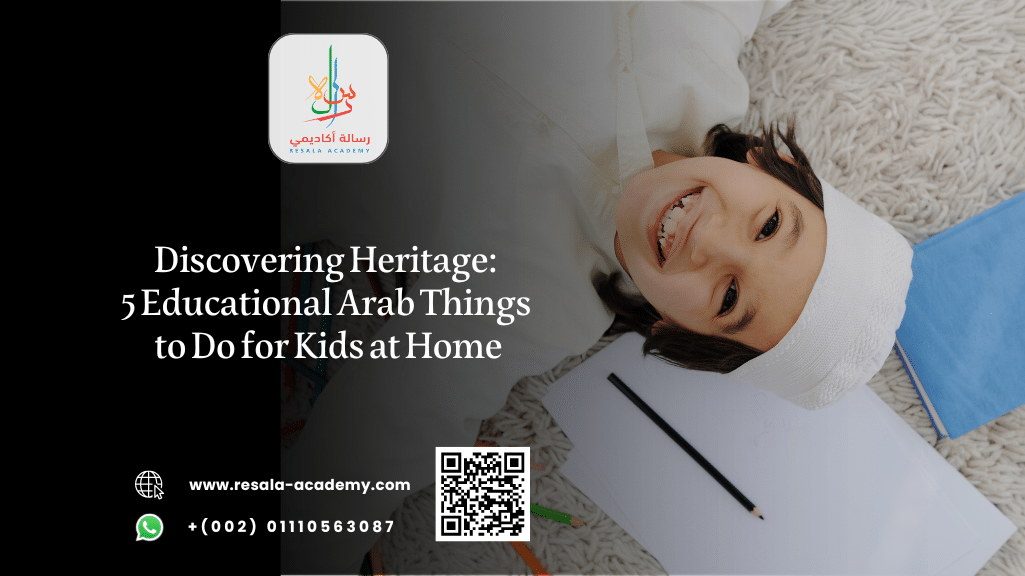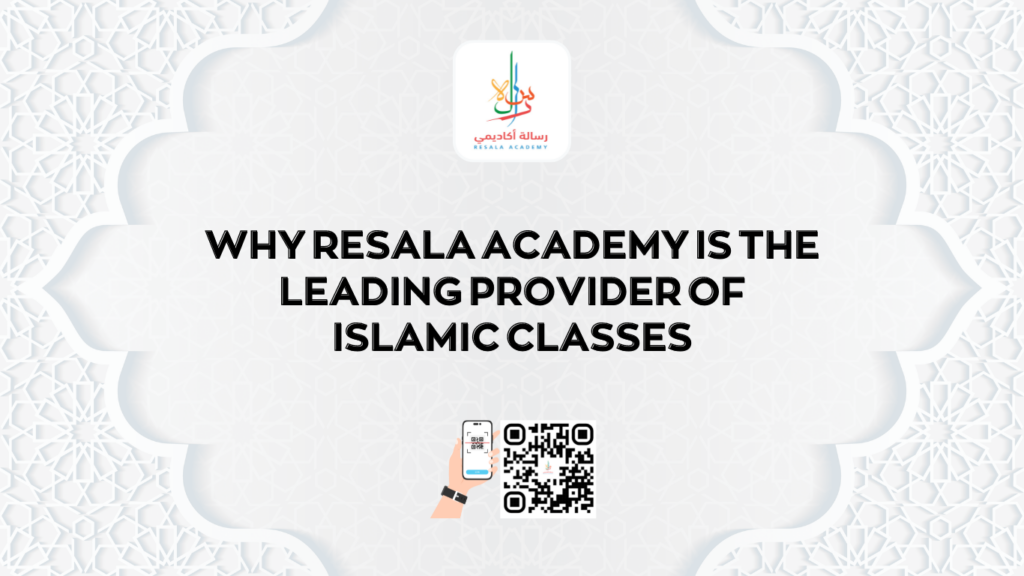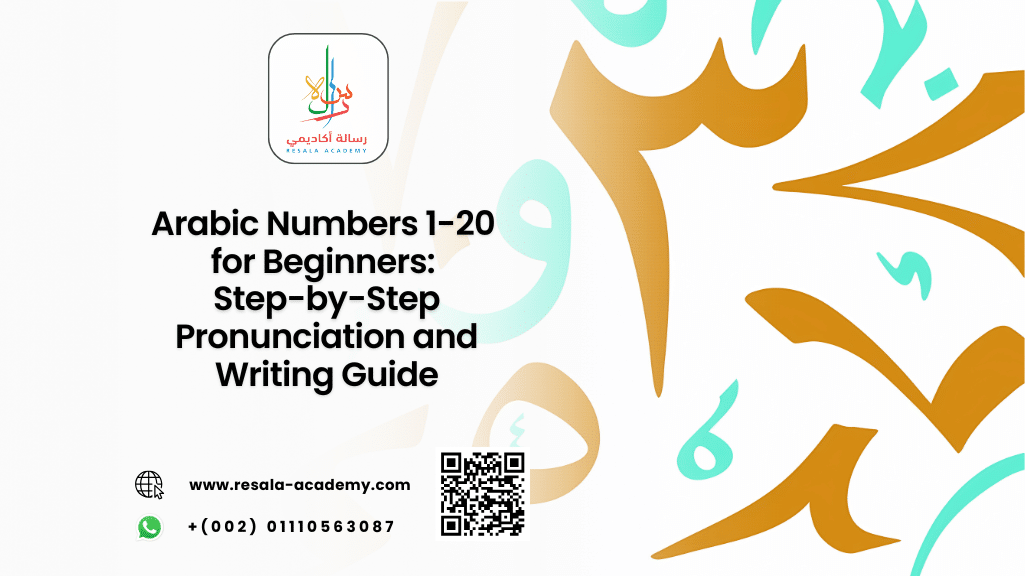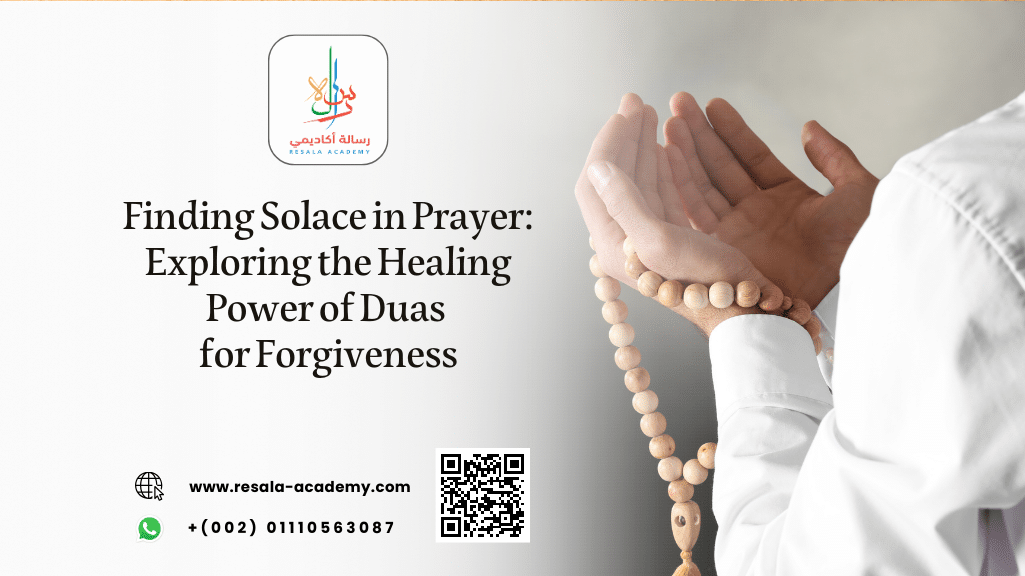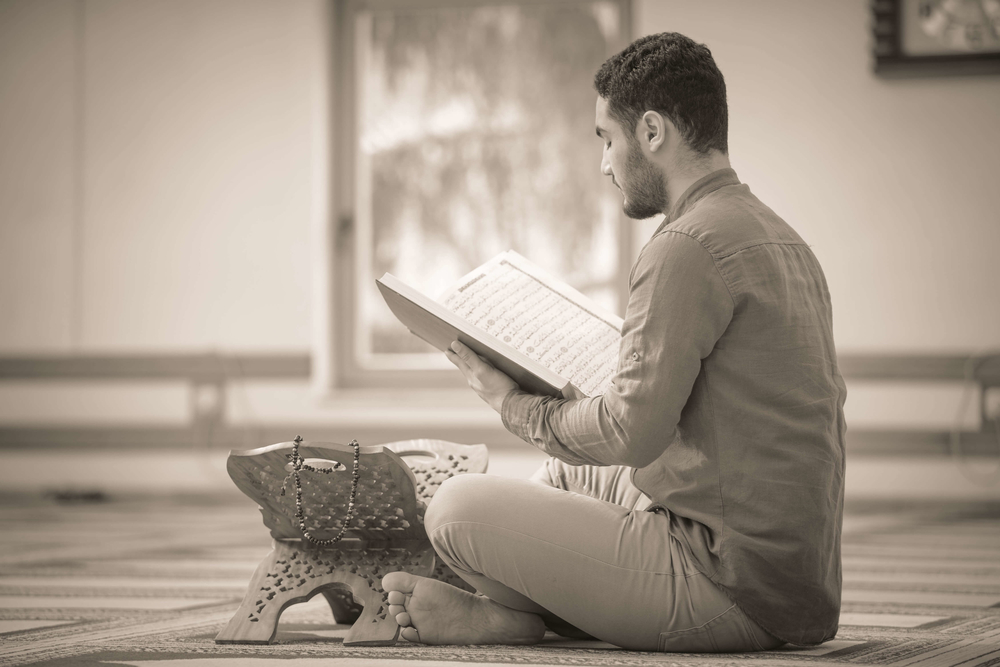Table of Contents
Discovering Heritage: 5 Educational Arab Things to Do for Kids at Home
Discovering the rich tapestry of Arab culture can be an exciting adventure for kids. With a wealth of history, traditions, and languages to explore, there are countless ways for young learners to engage with their heritage right from home.
As families look for meaningful activities that stimulate curiosity and education, finding fun “Arab things to do for kids” becomes essential.
Whether it’s through virtual tours of iconic landmarks or diving into traditional recipes in the kitchen, these experiences can spark imagination and foster a strong connection to Arab culture.
Get ready to embark on a journey filled with learning opportunities that will not only entertain but also educate your little ones about their roots!
Why it is important to teach kids about their Arabic heritage?
Teaching kids about their Arabic heritage is essential for several reasons. It fosters a sense of identity, helping them understand who they are and where they come from.
This connection can instill pride and belonging in young hearts. The Quran emphasizes the importance of heritage with the verse:
“And We have certainly made you into nations and tribes that you may know one another.” (Quran 49:13).
This highlights that knowing one’s roots enriches our lives through connections with others.
When children learn about their culture, history, language, and traditions, it opens doors to understanding diversity. They become more empathetic individuals who appreciate various perspectives while cherishing their unique backgrounds.
Arab things to do for kids also strengthen family bonds as parents share stories passed down through generations. These narratives create lasting memories that shape children’s values.
5 Educational Arab Things to Do for Kids at Home
Exploring the richness of Arab things to do for kids can be a delightful adventure for kids, even from the comfort of home. Engaging in educational activities strengthens their connection to heritage while making learning fun.
1- Cooking traditional Arab dishes together
Cooking traditional Arab dishes together is a fantastic way to bond and teach. Kids will love measuring ingredients and mixing flavors, all while picking up new vocabulary related to food.
2- Learning Arabic phrases and writing basic words
Learning Arabic phrases and practicing writing basic words can spark an interest in language. Simple flashcards or games make this process enjoyable without feeling like schoolwork.
Want to dive deeper into effective strategies for learning Arabic? Read more about the best ways to learn to speak Arabic and discover tips and resources that can help you on your language journey!
3- Making crafts inspired by Arab culture
Crafting inspired by Arab culture opens doors to creativity. From intricate calligraphy art to colorful mosaics, these projects allow children to express themselves artistically while appreciating cultural aesthetics.
4- Watching educational videos/documentaries about the Arab world
Watching educational videos or documentaries about the Arab world provides a visual context that can enhance understanding. Seeing real-life examples makes stories come alive and cultivates curiosity about history.
5- Reading books or listening to stories
Reading books or listening to stories that showcase values and traditions enriches children’s understanding of family ties, community respect, and hospitality—core components of Arab culture.
If you’re looking for structured ways to immerse your child further into the Arabic language, Resala Academy offers engaging online classes designed specifically for kids.
Give them the chance not just to learn Arab things to do for kids but also to enjoy every moment spent exploring their heritage through these enriching activities at home!
Benefits of engaging in these activities for kids
Engaging in activities that explore Arab things to do for kids offers children a multitude of benefits, enriching their understanding and appreciation of their heritage. These experiences provide a fun and interactive way to learn while fostering essential skills.
1- Cultural Awareness: Kids gain a deeper understanding of Arab traditions, values, and history, fostering respect for diversity.
2- Language Skills: Activities like learning phrases and writing words help improve their Arabic language proficiency and vocabulary.
3- Creativity and Expression: Crafting projects enhance creativity and allow children to express themselves through art and design.
4- Cognitive Development: Cooking and engaging in hands-on activities improve cognitive skills such as problem-solving and critical thinking.
5- Family Bonding: Shared activities promote family connection and create lasting memories, strengthening family ties.
If you’re looking to take your child’s Arabic learning to the next level, Resala Academy offers engaging intensive online Arabic courses specifically designed for kids. Enroll today and watch them enjoy every moment of their language journey!
Tips for making these activities fun and interactive
Making Arab things to do for kids fun and interactive can significantly enhance a child’s learning experience, keeping them engaged and excited about exploring their heritage. Here are some tips to maximize enjoyment during these activities:
– Incorporate Games: Turn learning into a game with quizzes or scavenger hunts related to Arab culture or language.
– Encourage Collaboration: Pair up siblings or friends for group projects, fostering teamwork and social interaction.
– Create a Theme Day: Designate a day for each activity and immerse the family in that theme with decorations, food, and costumes.
– Utilize Technology: Incorporate apps, videos, or online resources that make learning interactive and visually stimulating.
– Add Personal Touches: Let children personalize their crafts or cooking experiences to enhance ownership and creativity.
– Celebrate Achievements: Acknowledge their efforts with small rewards or a showcase to display what they’ve learned or created.
By implementing these tips, you can turn cultural exploration into an exciting adventure that your kids will look forward to!
Curious about the meaning and context of the word “shukran”? Read more about Shukran meaning and explore its significance in Arabic culture and language!
Empower Young Learners: Sign Up for Resala Academy’s Interactive Online Arabic for Kids!
Empower your young learners with the gift of language through Resala Academy’s Interactive Online Arabic Classes for Kids.
This innovative program offers a dynamic and engaging way for children to dive into the Arabic language. With expert instructors, kids will learn essential vocabulary and grammar in a fun environment.
Each lesson is designed to be interactive, featuring games, songs, and storytelling that keep students motivated. Children can connect with peers while developing their skills together. The online format allows flexibility, making learning convenient for busy families.
Resala Academy emphasizes cultural appreciation alongside language acquisition. As children learn Arabic phrases and sentences, they also explore Arab traditions and values. This holistic approach enriches their understanding of the world around them.
Enroll today to give your child an opportunity to develop communication skills while fostering curiosity about Arab culture! With classes catering specifically to young learners, it’s a wonderful chance for growth both academically and socially.
FAQs
1. What age is appropriate to start teaching kids about their Arab heritage?
You can start introducing elements of Arab culture as early as preschool age. Simple stories, songs, or crafts are great for younger children.
2. How can I make learning Arabic more engaging for my child?
Incorporating games, music, and interactive online resources can keep the learning process lively and enjoyable.
3. Are there any specific resources you recommend for teaching Arabic at home?
There are many excellent books geared toward young learners and websites like Resala Academy that offer structured courses designed specifically for children.
Conclusion
Embracing and exploring Arabic heritage can create a valuable bonding experience for families. By engaging in activities that celebrate culture, language, and history, children gain a deeper understanding of their roots.
Cooking traditional dishes together ignites curiosity about family traditions while learning the language enhances communication skills. Crafts inspired by Arab culture allow creativity to flourish, making learning enjoyable.
Educational videos and stories further enrich young minds with knowledge about the Arab world’s vast contributions to art, science, and philosophy. By incorporating these educational activities at home, parents not only preserve cultural values but also inspire pride in their children’s identity.
The benefits extend beyond mere knowledge; they foster critical thinking and encourage exploration. These moments are an opportunity for growth—both individually and as a family unit. So why wait? Dive into these enriching experiences today!
